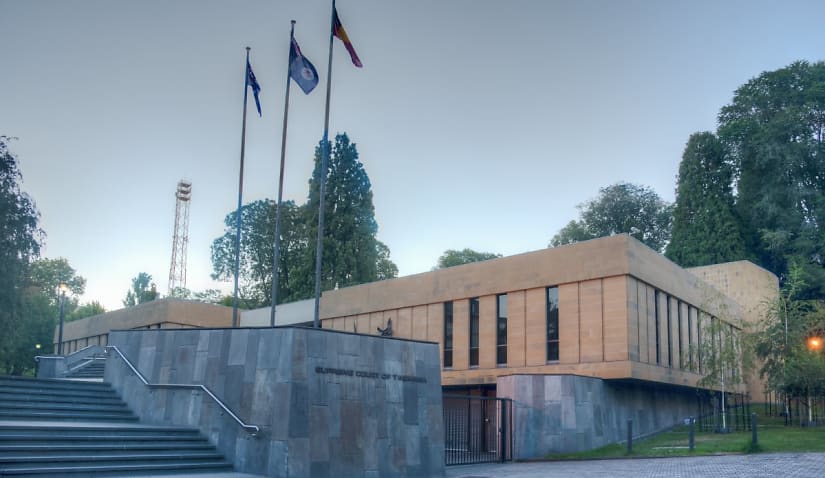A woman’s admission into the legal profession was strongly objected to by a law society that considered her alleged misconduct during university meant she was a “not fit and proper person” to practise.

The woman, known only as RD, was granted leave to discontinue an application to the Supreme Court of Tasmania to join the legal profession and gave an undertaking not to apply in any other jurisdiction without first giving notice to the Law Society of Tasmania.
When RD first applied, the Law Society and the Legal Profession Board lodged notices of objection due to findings of academic misconduct while she was a student at the University of Tasmania.
Further, RD allegedly provided a “forged” medical report to the university as part of her appeal and attempted to have her medical practice swap its records for the fake documents, “with the knowledge a subpoena addressed to the practice had been sought”.
The Law Society and the board requested the Supreme Court dismiss leave to discontinue because this would “deprive” the court of exercising its jurisdiction “by denying the court the ability to conduct a judicial review of all the relevant circumstances”.
By allowing a determination against RD to be made, the Law Society and board said it would serve to protect the Australian public.
This was particularly in light of RD’s alleged attempt to pervert the course of justice by applying for and withdrawing an admission in Victoria that she did not disclose in Tasmania, and vice versa.
The legal bodies said it would be “clearer and more beneficial” for all national regulatory bodies to have a determination from the court.
Further, the Law Society and board said they would be subject to an implied undertaking in respect of subpoena material that has been returned, and so could not hand that over to a “third party”.
In the event the discontinuance is granted, they sought orders that would release them from the undertaking.
However, Justice Helen Wood was satisfied that information-sharing provisions would enable regulatory bodies to protect the public.
“After careful consideration of the argument, I conclude that the factors raised in favour of granting leave to discontinue.
“There are statutory safeguards which protect the public from the risk that the applicant might apply to be admitted in another jurisdiction without disclosing these proceedings and the objections that have been lodged,” Justice Wood said.
The case: RD v Legal Profession Board [2025] TASSC 20 (9 April 2025)
